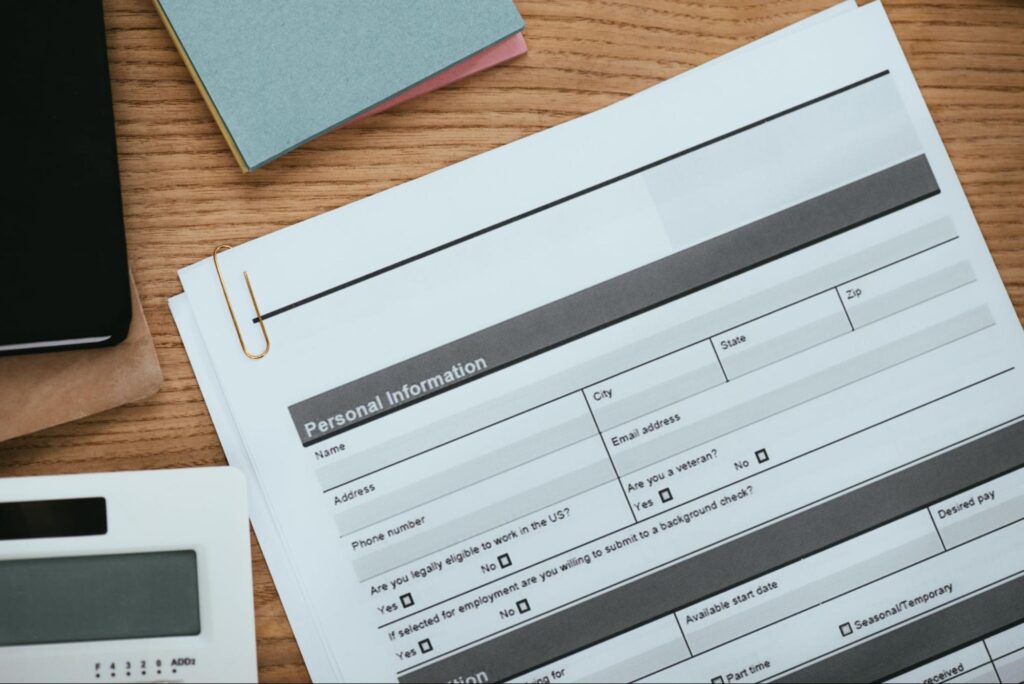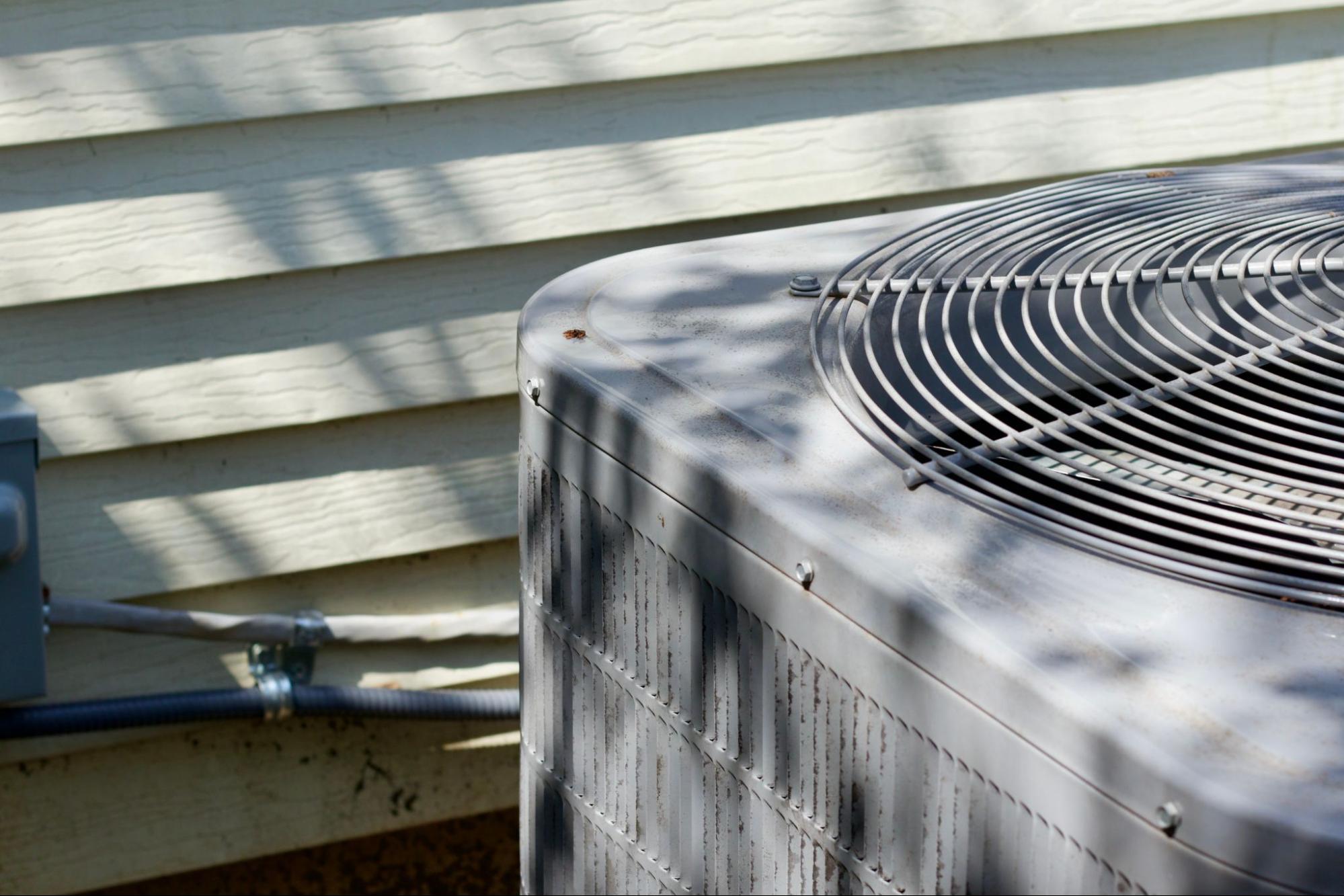Replacing or installing a furnace without proper authorization can lead to costly fines, unsafe living conditions, and decreased home value. In this guide, you’ll learn exactly what a furnace permit entails, when you need one in New Baltimore, how to apply, expected fees, inspection standards, and why partnering with a licensed HVAC contractor ensures compliance.
By the end, you’ll understand local furnace permit requirements and be ready to secure the approvals needed for a safe, code-compliant heating system.
What Are Furnace Permits and Why Are They Required in New Baltimore?
A furnace permit is an official authorization granted by the New Baltimore Building Department that confirms proposed heating work meets safety and code standards. Obtaining this mechanical permit prevents hazards, enforces legal compliance, and maintains the integrity of your home’s systems.
Why do furnace permits matter for safety and legal compliance?
Furnace permits matter because they require professional plan review and inspections that verify safe installation, proper gas line connections, adequate venting, and electrical compliance. By mandating these checks, the city reduces risks of carbon monoxide leaks, fire hazards, and structural damage. Legal compliance through a permit also protects homeowners from penalties and liability in the event of accidents.
How do furnace permits protect your property value?
Properly permitted furnace installations preserve resale value by documenting code-compliant upgrades. Appraisers and lenders look for signed-off permits to ensure heating systems are safe and legally installed. Homes with complete permit histories often command higher offers, since buyers gain confidence in maintenance records and risk mitigation.
What are the consequences of installing a furnace without a permit?
Installing a furnace without a permit can trigger stop-work orders, municipal fines, forced removal of unpermitted work, and complications during resale or refinancing. Insurance claims related to faulty HVAC work may be denied if no permit was obtained. In extreme cases, property code violations can lead to court summons and daily penalties until compliance is achieved.
Which furnace projects need a mechanical permit?
Routine projects requiring a mechanical permit include:
- New furnace installations for single-family homes
- Complete furnace replacements regardless of equipment type
- Significant alterations such as changing fuel types (e.g., oil to natural gas)
- Size upgrades that alter BTU capacity by more than 10%
- Ductwork modifications that impact system airflow and pressure
These work scopes require plan review, permit issuance, and structured inspections in accordance with city ordinances.
Are there any exemptions or minor repairs that don’t require permits?
Minor furnace repairs are exempt when they involve only component replacement without altering the original equipment rating or venting. Common exemptions include:
- Replacing filters, belts, or blower motors of identical rating
- Servicing or cleaning heat exchangers and flues without modifying the structure
- Swapping pilot assemblies or ignition modules with factory equivalents
If any repair changes system characteristics or safety components, a permit is mandatory.
How do New Baltimore requirements differ from general Michigan HVAC permit rules?

While the Michigan Mechanical Code sets statewide standards, New Baltimore adds local amendments, such as:
- A minimum 48-hour turnaround for permit reviews
- Specific setback requirements for chimney terminations
- Additional documentation for homes within historic district boundaries
- Defined fee schedules unique to city zoning classifications
These local nuances ensure that permits reflect both state law and community-specific regulations.
How to Apply for a New Baltimore Mechanical Permit for Furnace Installation
Applying for a furnace permit in New Baltimore follows a clear, multi-step process that homeowners or licensed contractors can navigate in five stages.
What are the step-by-step instructions for the permit application?
- Confirm Permit Necessity: Contact the Building Department to verify whether your furnace project requires a mechanical permit based on scope and equipment changes.
- Gather Project Information: Compile property address, homeowner name, contractor license number, manufacturer model numbers, fuel type, BTU rating, and ductwork specifications.
- Complete the Mechanical Permit Application. Fill out the city’s official permit form with detailed project scope, installation diagrams, and code references.
- Submit and Pay: Deliver the application in person or by mail, accompanied by permit fees. Online submittal may be available on select dates.
- Schedule Inspections: After approval, arrange for a rough-in inspection when the gas rough-in and vent connections are complete, and a final inspection upon completion of the work and system startup.
Which documents and information are required for the application?
Before submission, ensure you have:
- Completed mechanical permit form signed by licensed HVAC contractor
- Contractor’s state license and City of New Baltimore registration
- Equipment specification sheets showing BTU output and efficiency ratings
- Site plan showing furnace location, duct layout, and venting path
- Proof of homeowners’ association approval if located in a regulated district
Assembling these details prevents review delays and streamlines permit issuance.
How long does the permit review and approval process take?
Turnaround time typically ranges from 3 to 10 business days for mechanical permit reviews. Complex projects or amendments may extend this period. Once plans pass initial review, you’ll receive a permit card authorizing work to commence. Delays often stem from incomplete documentation or code compliance questions.
What payment methods are accepted by the New Baltimore Building Department?
The Building Department accepts:
- Cash or check payable to City of New Baltimore
- Money order or cashier’s check for mailed applications
- Credit/debit cards at the counter for in-person payments (3% processing fee applies)
Planning payment type ahead of time helps ensure immediate permit issuance.
How do permit costs compare to those in other local jurisdictions in Michigan?
Fee structures in New Baltimore generally align with Macomb County averages but may be lower than larger metro areas like Troy or Sterling Heights. The city’s streamlined fee schedule and predictable review timelines offer competitive value for homeowners.
What inspections are required during and after furnace installation?
Two primary inspections apply:
- Rough-In Inspection – Conducted before covering gas lines, vent connectors, and ductwork; confirms code-compliant layout and materials.
- Final Inspection – Performed after equipment startup; checks burner operation, draft, safety controls, combustion air, and vent termination.
Completing both inspections ensures full compliance and permit closure.
What do inspectors look for during furnace permit inspections?
Inspectors evaluate:
- Proper clearances around equipment and vent terminations
- Correct size and material of gas piping and ductwork
- Secure electrical connections and ground fault protection
- Functionality of safety devices, such as limit switches and thermocouples
- Adequate combustion air supply and vent termination per manufacturer guidelines
Passing these checks confirms the system’s safe operation and compliance with local code.
How does the Michigan Mechanical Code govern furnace installations?
The Michigan Mechanical Code establishes statewide standards for:
- Equipment efficiency and rating
- Minimum clearances and venting practices
- Materials approved for gas lines and exhaust ducts
- Safety controls and operational testing procedures
New Baltimore adopts these code sections with no reduction in safety requirements.
Are there any New Baltimore-specific building codes or amendments?
Local amendments include:
- Requirement for sealed combustion air intakes on all high-efficiency furnaces
- Prohibition of vent pipe terminations within 3 feet of property lines
- Mandatory carbon monoxide detector installation within 10 feet of furnace rooms
These ordinances reflect city priorities for occupant safety and neighborhood welfare.
What are the benefits of using a licensed HVAC contractor?
A licensed contractor brings:
- Expertise in code requirements, plan preparation, and permit submittals
- Established relationships with building inspectors for efficient reviews
- Proven installation methods that pass inspections the first time
- Liability coverage and warranties that protect homeowners
This professional oversight reduces delays, corrects potential code issues, and provides peace of mind.
What responsibilities do contractors have regarding permits?
When you hire a licensed HVAC contractor, they typically:
- Determine permit requirements and submit applications on your behalf
- Complete accurate permit forms with licensed credentials
- Coordinate all required inspections and address inspection comments
- Provide signed-off documentation needed for the certificate of occupancy or final approval
Delegating these tasks to a contractor shifts administrative burdens away from homeowners.
Permits Don’t Have to Be a Headache!

Confused about furnace permits? Don’t be. The experts at S&P Heating are well-versed in New Baltimore regulations and can handle all the paperwork for you.
Contact us today to stay protected and enjoy peace of mind with your next furnace installation or upgrade.
FAQ Section
Can you apply for your own furnace permit, or does the contractor have to do it?
In many areas, homeowners can apply for their own permits, but if a contractor is doing the work, they’re typically required to pull the permit. It’s often safer and easier to let the contractor handle it to ensure compliance and liability coverage.
Are there specific furnace brands or models that require extra permits or inspections in New Baltimore?
Not typically. Most permits are based on the type of work being done—like replacing, relocating, or installing a new unit—rather than the furnace brand. However, higher-capacity systems or conversions (e.g., electric to gas) might trigger extra scrutiny depending on your municipality’s safety codes.
Explore More Helpful HVAC Insights!
Want to keep learning how to maintain your comfort and protect your investment?
👉 Check out the full S&P Heating Blog for more HVAC tips, tricks, and local guides designed just for Michigan homeowners.



